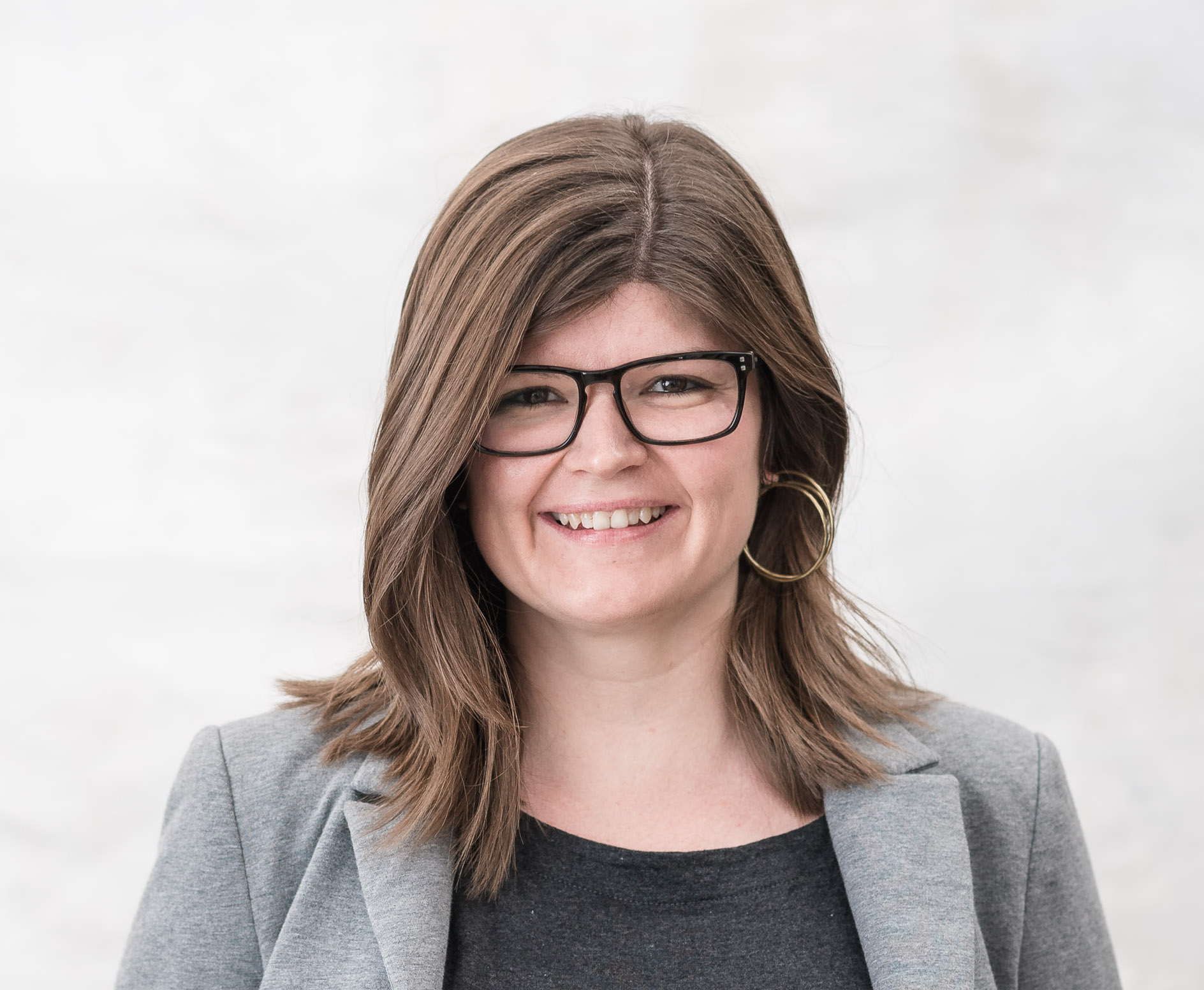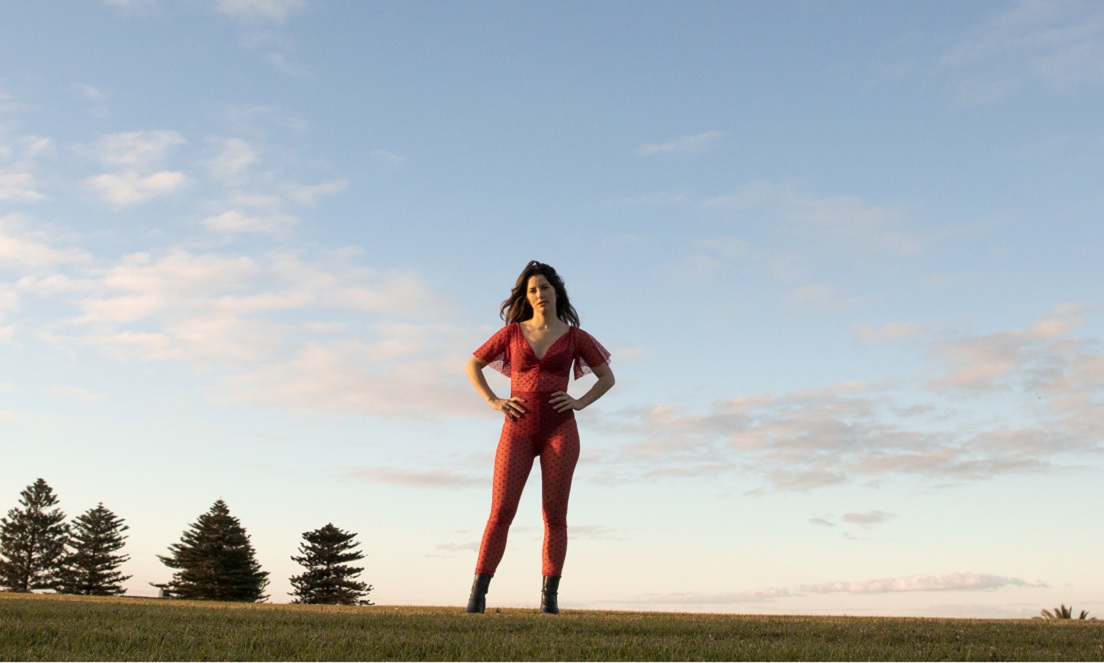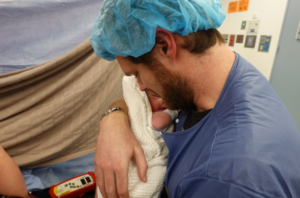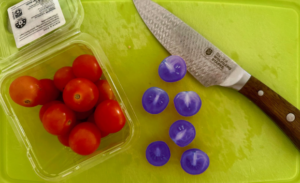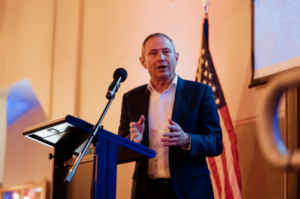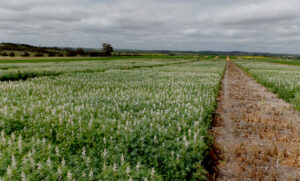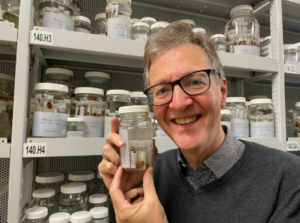For many women, sex ed class would have been their first formal education about their bodies … and their menstrual cycles.
Sex ed provides a great opportunity to empower women and help them feel great about themselves and their bodies. But according to Lucy Peach, consciously or not, we’ve ended up doing the opposite.
As Lucy, a folk singer, women’s health renegade, innovator, artist and all round renaissance woman, told me, “We really just give kids the nuts and bolts of what goes where and cross our fingers that everything will just be OK. It’s just not good enough.”
And we don’t get any better at celebrating women’s bodies in the world after high school either. Even though roughly 50% of the population has one, the menstrual cycle is still pretty taboo.
Though women may try to hide their natural bodily functions behind euphemisms of imaginary aunts, Lucy says embracing your cycle can enhance creativity, productivity and even improve your health. But we just aren’t teaching this to women and girls.
But fear not! Lucy’s on a mission to change all this and is teaching women and girls not only how to love their periods but how to harness their power. She’s sharing her message with the world through a unique mix of science, music and art, manifested in not one but two killer TEDx talks, a Fringe show and her latest work, How to Period Like a Unicorn.
When science met art
Being the renaissance woman she is, Lucy of course also has a hardcore science background.
She completed a Bachelor of Human Biology and Biomedical Science at ECU, with honours in medicine in malaria and HIV co-infection during pregnancy at the University of Melbourne. Lucy then went on to do a Graduate Diploma in Education at UWA.
After graduation, she worked as a sexual health educator at Family Planning WA (now known as SHQ) for 6 years.
“I loved teaching puberty,” Lucy told me, “to potentially be the first person to talk to a young person about the absolute wonder that is going on in their bodies.”
The Optimized Woman
While she was teaching at SHQ, Lucy came across Miranda Grey’s The Optimized Woman. Grey breaks down a woman’s cycle into four phases: reflective, dynamic, expressive and creative. Each has its own benefits and abilities that can be planned for and harnessed for creativity, life, work and love.
Lucy was inspired to start keeping track of her own cycle and used it to “write music, be a mother, be a partner”.
Your greatest period ever
Lucy’s idea to bring her passion for the menstrual cycle together with her musical and artistic powers almost happened by accident.
Lucy was getting ready to shoot a music video, and she started talking to one of the guys working on set, Allan Girod (who is another amazing West Australian who used to be a clown for Cirque du Soleil). She told Allan she was in her expressive post-ovulatory phase, meaning she was feeling pretty great, so she was going to wear bright fuchsia for the video. Allan had no idea what she was talking about but was immediately intrigued. Once she had explained how it all worked, Allan told her she must do a show about it. And the rest, as the cliché goes, is history.
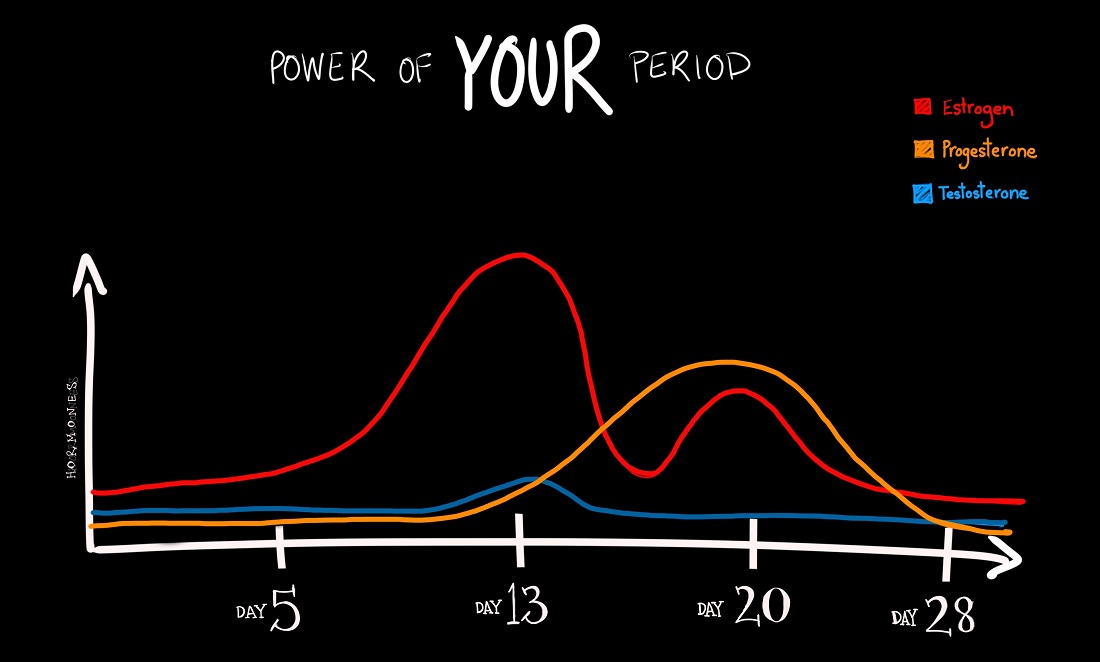
Dr Peach
What’s next for Lucy? She’s looking at doing a PhD so she can study the impact of her approach to teaching the menstrual cycle on young women and girls (and she asked me to mention she’s currently looking for a great PhD supervisor).
“It’s just so exciting to think we could really change girls’ lives by giving them this information sooner,” she told me. Who could disagree?


